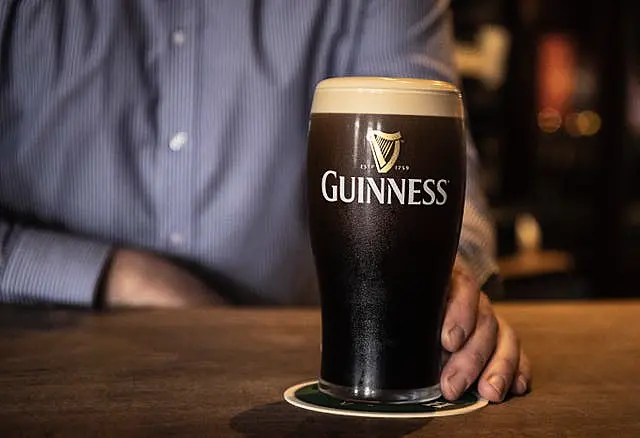Spirits and beer giant Diageo warned over profits after a sharp slowdown in its business in Latin America and the Caribbean.
Shares in the company – which makes Johnnie Walker, Guinness and Baileys – slumped by as much as 12 per cent in early trading.
The London-listed drinks firm told investors on Friday morning that it expects growth in the first half of the current financial year, for 2023/24, to be slower than the previous half-year due to a “materially weaker” outlook in Latin America and the Caribbean.
It had previously guided towards a “gradual improvement” in sales growth.

The region, which accounts for almost 11 per cent of sales, is expected to see net sales slide by more than 20 per cent in the current half-year against the same period a year ago.
Diageo, which also makes Captain Morgan’s rum, said it has seen “lower consumption” in the area due to regional “macroeconomic pressures”, with customers also downtrading to cheaper products.
As a result, the company said it has not been able to sell its stock as quickly as hoped.
It said organic operating profit growth is also therefore set to decline for the six-month period.
The group highlighted that it still expects an improvement in growth in North America.
In its Europe and Asia Pacific business, Diageo said it has witnessed “continued momentum” but flagged that this will be slower than the previous half-year.
Debra Crew, chief executive of Diageo, said it has also seen an impact from tensions in the Middle East and the conflict in Gaza.
She said: “It has impacted results for the region since we have stopped trading in some parts.
“It is certainly not the largest part of Europe and Asia Pacific, but we have seen an impact since the tensions and it is weighing on consumer sentiment a little bit more broadly, but this has just been the last few weeks.”
Sophie Lund-Yates, lead equity analyst at Hargreaves Lansdown, said: “Diageo has long been a favoured steady-Eddie thanks to its seemingly impenetrable brand power and dividend paying ability, and there will now be concerns that the change in appetites could translate to other, larger markets.”







